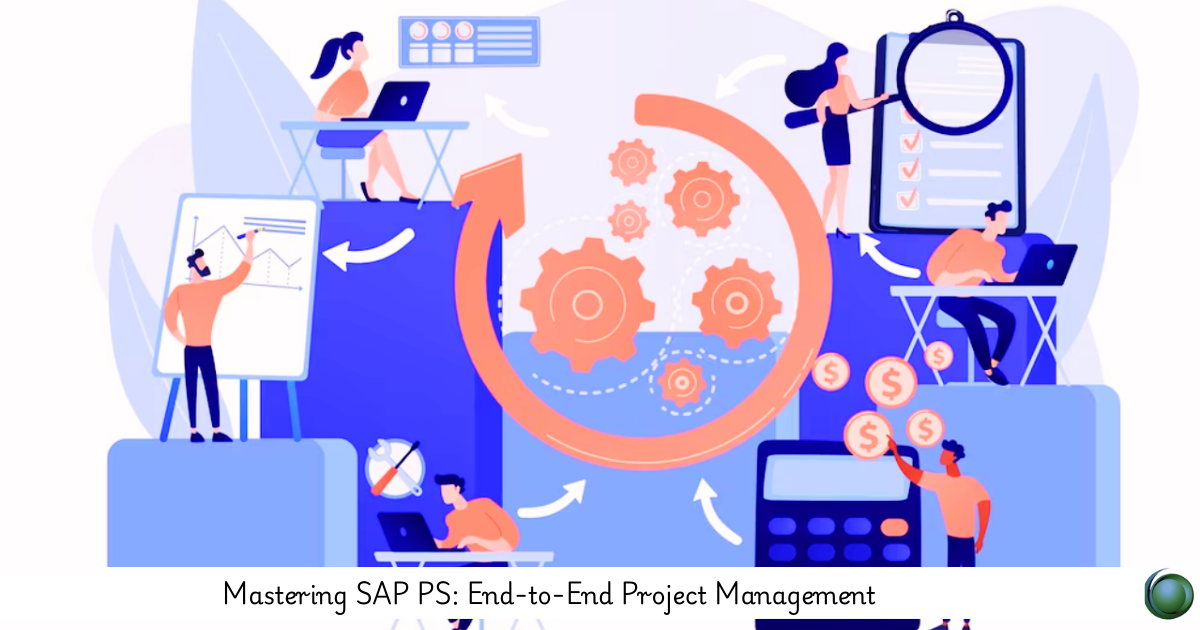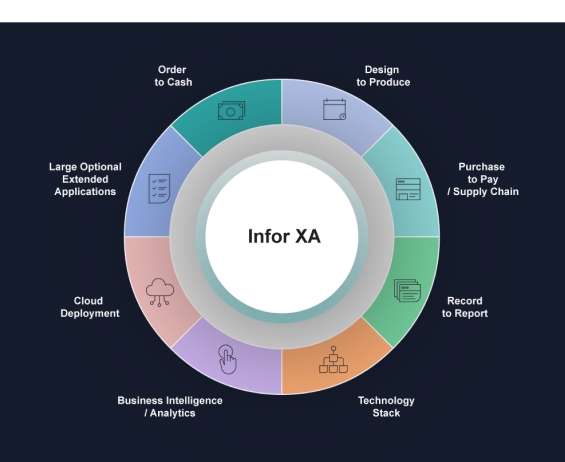Description
Introduction
SAP Project System (SAP PS) is a comprehensive project management module within SAP ERP, designed to help organizations effectively manage the entire project lifecycle. From planning and structuring to execution, monitoring, and closure, SAP PS ensures seamless project management by integrating with key SAP modules such as Finance (FI), Controlling (CO), Materials Management (MM), and Sales & Distribution (SD).
This training provides a deep dive into SAP PS, equipping professionals with the knowledge to configure, optimize, and manage projects efficiently. Participants will gain hands-on expertise in structuring projects, managing budgets, tracking costs, optimizing resource allocation, and generating insightful reports. Whether you are a project manager, consultant, or business analyst, mastering SAP PS can enhance your ability to execute projects on time and within budget while ensuring regulatory compliance and financial transparency.
Prerequisites
-
Basic understanding of project management principles.
-
Familiarity with SAP ERP concepts is recommended but not mandatory.
-
Knowledge of financial and resource planning concepts is beneficial.
Table of Contents
1. Introduction to SAP Project System (SAP PS)
1.1 Overview and Importance of SAP PS in Project Management
1.2 Key Features and Benefits of SAP PS
1.3 SAP PS Integration with Other SAP Modules (FI, CO, MM, SD, HR)
1.4 Understanding the SAP PS User Interface and Navigation
2. Project Structuring in SAP PS
2.1 Creating Work Breakdown Structures (WBS) and Network Components
2.2 Project Definitions, Profiles, and Coding Masks
2.3 Milestones and Dependencies in SAP PS
2.4 Customizing Project Structures for Business Needs
3. Project Planning and Scheduling
3.1 Network Planning and Scheduling Strategies
3.2 Defining and Managing Activity Types and Relationships
3.3 Capacity and Resource Planning in SAP PS
3.4 Setting Up Project Calendars and Scheduling Tools
4. Cost and Budget Management in SAP PS
4.1 Project Cost Planning and Cost Elements
4.2 Budgeting, Forecasting, and Availability Control
4.3 Actual Cost Tracking and Cost Variance Analysis
4.4 Financial Reporting and Auditing in SAP PS
5. Project Execution and Monitoring
5.1 Tracking Project Progress and Performance Indicators
5.2 Time Confirmation and Work Progress Updates
5.3 Managing Change Requests and Issue Resolution
5.4 Generating Dashboards and Monitoring Reports
6. SAP PS Integration with Business Processes
6.1 Financial Accounting (FI) and Controlling (CO) Integration
6.2 Materials Management (MM) for Procurement and Inventory
6.3 Sales and Distribution (SD) for Customer Project Billing
6.4 Human Resources (HR) Integration for Workforce Management
7. Advanced Reporting and Analytics in SAP PS
7.1 Standard and Custom Reporting Tools
7.2 SAP PS Information System and Business Intelligence Integration
7.3 KPI Analysis for Project Performance Optimization
7.4 Exporting, Visualizing, and Automating Reports
8. SAP PS Best Practices and Case Studies
8.1 Real-World Implementations of SAP PS
8.2 Lessons Learned from SAP PS Deployments
8.3 Best Practices for Successful Project Management
8.4 Emerging Trends and Future Developments in SAP PS
SAP PS is a powerful solution for managing complex projects across industries, enabling organizations to streamline project workflows, optimize resource utilization, and maintain financial control. By mastering SAP PS, professionals can drive efficiency, minimize risks, and enhance project visibility, ultimately leading to better decision-making and successful project execution.
With a strong understanding of SAP PS, businesses can integrate project management with core financial and operational processes, ensuring strategic alignment and maximizing return on investment. Whether for small projects or large-scale enterprise initiatives, SAP PS provides the necessary tools to deliver projects on time, within scope, and on budget.







Reviews
There are no reviews yet.